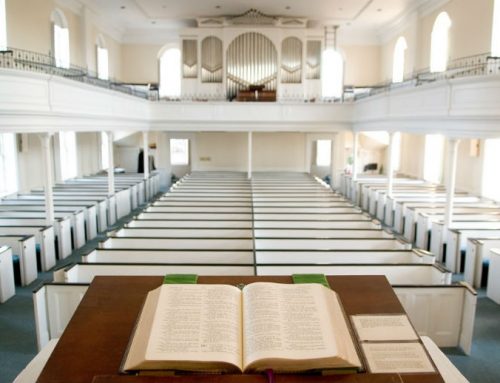This Sunday’s lectionary text, John 11:32-44 is about one of the two certainties of which Ben Franklin spoke: death (The other being…taxes of course).
It fits well with the liturgical order of the day, which is All Saints’ Day – a day that is also related to a much celebrated observance in Latin America called El Dia de los Muertos (The Day of the Dead, or All Souls day).
Although that festival has never been part of our family’s tradition, I know something about it from my Latino/a friends. It is a day, similar in some ways to our Halloween, when folk honor the dead, while at the same time engaging Death itself. Bending it. Making light of it. Poking fun at it, and the seriousness with which we take it.
Picture then, maybe, Lazarus in his mummy costume, sipping margaritas with Martha and Mary as they join the skeleton parade.
El Dia de los Muertes is a cultural means to affirm something about life: that there is a thin, fuzzy line that separates what we call this life with breath, from what happens after we shuffle off this mortal coil. A day to say (and this sounds really crazy): let’s not take death quite so dang seriously.
What I’ve found fascinating about this odd story from John – odd because Jesus intentionally lets his friend Lazarus die, to prove a point – is the way Jesus behaves in the midst of grieving people. He is “troubled” by it. The word in Greek doesn’t imply that he’s in sync with their grief – it implies that he is upset with it. It is related to the word for “snorting anger” and “scolding.” (I was so surprised to discover).
And yet, Jesus also rejects easy, pat answers – those bromides we’re so tempted to offer in the awkward silence when in the presence of a grieving person.
But , is it possible Jesus weeps with the folks, while at the same time he’s angry that they don’t “get” what death is all about? How the enfleshed God in their midst came to completely transform their understanding of life and death – in giving them access to “resurrection life”? His response to grieving people is both to lament death’s sting – but remind people of its true nature…remind people of their ultimate hope.
Here’s an invitation, if anyone wants to weigh in and help the preacher this week: if and when you have experienced grief–what has been your experience of others’ comfort…what has been helpful? Hurtful?
Dietrich Bonhoeffer will also make an appearance in the sermon on Sunday – a courageous saint of the church who stood up to Hitler, and was hanged by him. The same Bonhoeffer who wrote, “When Jesus calls us, he bids us come and die.”
At the gallows, his last words to his fellow prisoners were these: “This is the end. For me, the beginning of life.” What would it take to live a life like that?
Love to hear your thoughts. And see you Sunday. I see I’ve gotten quite a break from the pulpit!
Jeff



